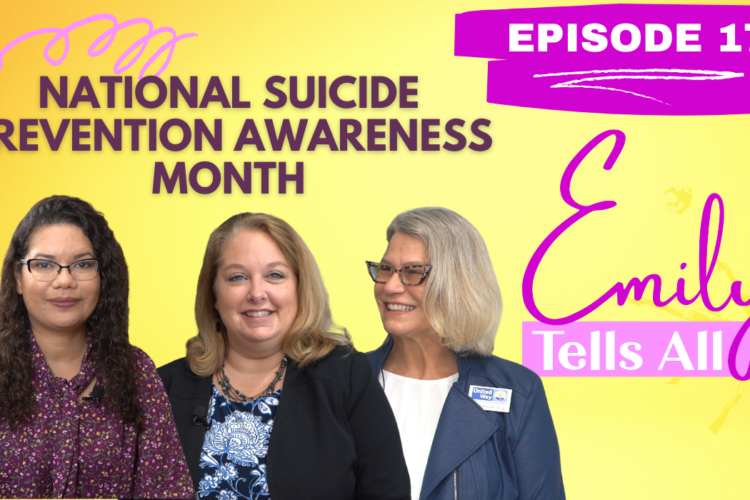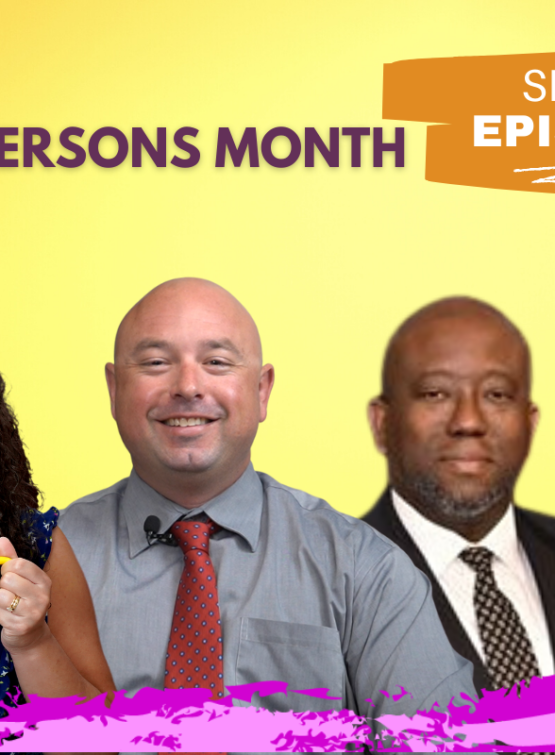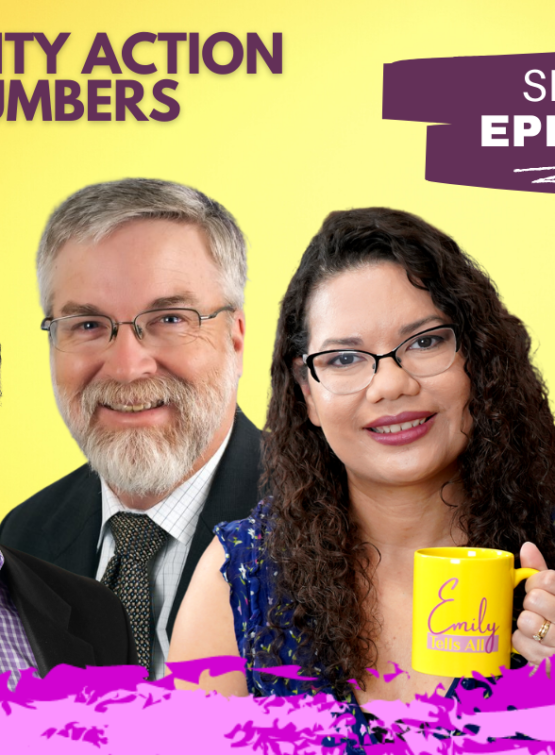AIR DATE SEPTEMBER 23, 2021
Title: National Suicide Prevention Awareness
In this episode of Emily Tells All, we will discuss the suicide statistics and what resources are available in our community to assist those in need of it. We will speak with guests who work with providing resources to the community.
Guests and Locations
Aspire Health Partners, Vice President of Patient Access – Erin Martin
211 Heart of Florida United Way, Vice President – Catherine Rea
National Suicide Prevention Awareness and Mental Health Resources
Suicide is a heartbreaking tragedy that affects millions. In the US alone, suicide is the 10th leading cause of death. And in 2019, about 1.38M people attempted suicide.
Young adults (teens) and middle-aged men are the most likely to attempt suicide. But everyone is at risk because the root cause of suicide lies in mental health and experiencing stressful life events.
Follow along as we speak with Erin Martin of Aspire Health Partners and Catherine Rhea of 211 Heart of Florida United Way. They share their insight and highlight what mental health resources are available in Orange County.
Behavioral Health Services for Suicide Prevention
While addressing behavioral health problems early on can lead to successful lives, those who need help don’t always reach out until they are already in a crisis.
“Aspire is the largest nonprofit behavioral health provider in the State of Florida, delivering compassionate, comprehensive, and cost-effective care to individuals who need them,” opens Erin.
They have implemented a mobile response team that you can directly call if you are in a mental health crisis. Call [407]-667-1600.
Aside from the crisis line, they have an access center and a call center to initiate a care plan. After receiving a bio-psycho-social assessment, the assessor will refer the caller to the most appropriate services to assist them.
Aspire also has funding options available for people who don’t have insurance or the ability to pay for mental health services. Their services are there for everyone, regardless if they can pay or not. Erin expands, “We do not ever want money to be a barrier to people seeking services and getting the help they need.”
If you know someone who might have suicidal thoughts, the best thing you can do is not allow them to isolate. You can also take training classes with NAMI (local chapter is NAMIGO) or the Mental Health First Aid class. Both programs will teach you the foundations of mental health and how to help someone who may be in crisis.
211 Services Impacting Suicide Prevention
The 211 program is known in the state of Florida and nationally. Dialing this number connects you to information about health and human and community services. You can also text the number, email, or live text online with a 211 specialist.
Even if you just want to learn how to help someone who is suicidal, a 211 specialist can tell you what you need to know. “Our staff are what we call blended crisis. They’re cross trained for information and referral as well as crisis and suicide prevention. So, we do not allow volunteers on our 211 lines or our suicide prevention lines, because we are trained professionals,” reassures Catherine.
In 2020, the 211 program in Florida handled over 7,500 contacts for suicide prevention. That number alone highlights the true need for mental health assistance in Florida. If you need to speak with someone on the National Suicide Lifeline, their number is [800]-273-8255.



